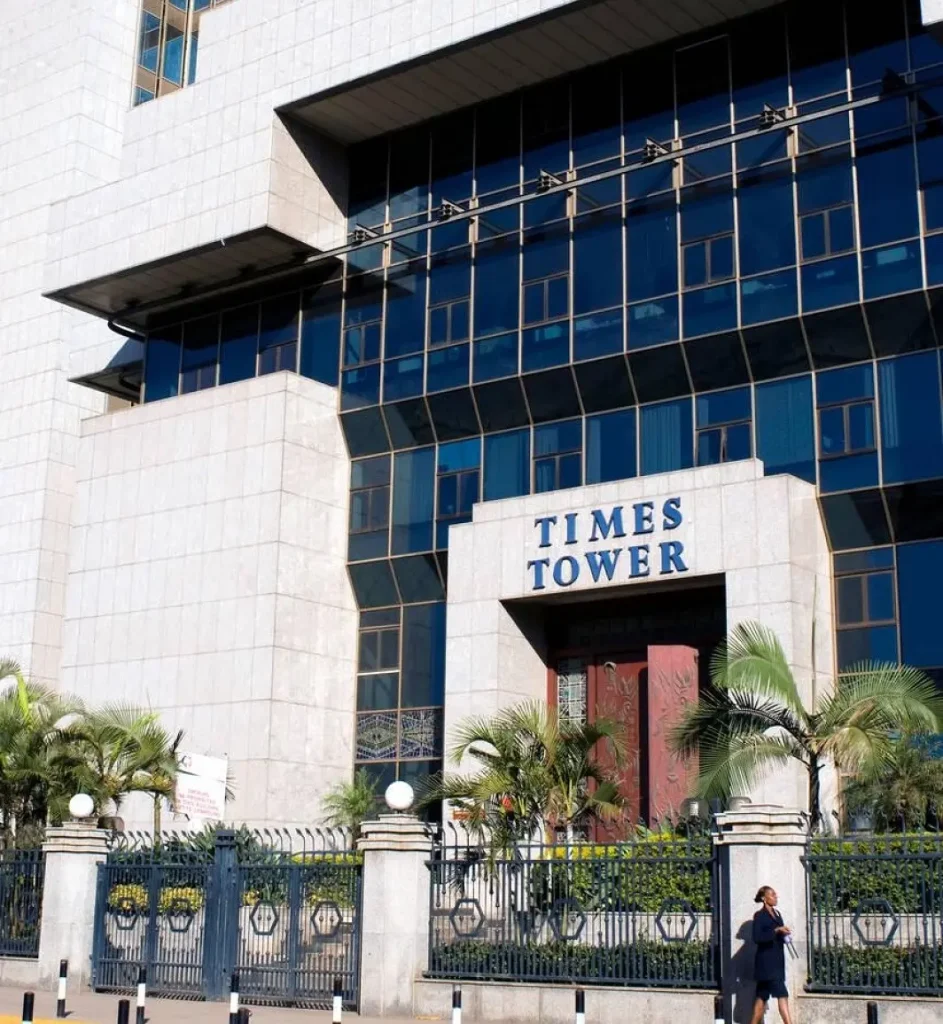Background
The Kenya Revenue Authority (KRA) has seemingly stumbled upon a losing streak in disputes regarding their assessment of taxes owed by business operating in Kenya. An examination of two notable decisions that the KRA has lost unearths two salient similarities: The disputed tax assessments are retroactive over long periods in the past; and KRA has failed to provide the legal basis for its collection of the taxes.
Case summaries
Case summaries
Tax Appeal 1514 of 2022: Cellnet Limited v Commissioner of Domestic Taxes
Perhaps the most welcome development is the introduction of a tax relief for all persons remitting their housing levy. The Affordable Housing Act grants a housing Levy relief of up to 15% of a person’s taxable income. This relief is however capped at 9,000 Kenyan Shillings per month and is reserved for individuals actively engaged in the affordable housing scheme.
Cellnet objected to the assessments prompting them to be revised downwards to Ksh 12,982,500 which Cellnet still objected to, resulting in the matter being escalated to the Tax Appeals Tribunal.
Income Tax Appeal E104 Of 2021 Commissioner of Investigations and Enforcement v Libya Oil Kenya Ltd (OLA)
KRA had in 2015 conducted a pricing review of OLA Kenya for the period of 2012 to 2014 and issued preliminary audit reports of the same. OLA disputed the findings, and the dispute resulted in KRA issuing it with a notice of assessment of tax for Kshs 10,074,047,904 for the period from 2010 to 2016.
After negotiations, both parties agreed to submit the revised assessment of Ksh 943, 142,856 to the Tax Appeal Tribunal for determination. The Tribunal decided in favour of OLA, resulting in KRA’s appeal where the High Court upheld the Tribunal’s decision. The High Court stated that there were no legal provisions that empowered KRA to collect the import duty and product gains that had been assesed.

The similarities
The first highlighted issue is that the KRA assessments retroactively, that is, conducting investigations and assessment for several years prior the actual date of assessment.
In Cellnet Ltd v KRA, the taxman concluded its assessment which covered the periods of 2015 to 2020 in June 2022. By that time, the only assessments for 2017 to 2022 were permitted under the law. Similarly, in KRA v OLA Kenya, the taxman issued a notice of assessment for the period covering 2010 to 2016, in 2016.
The increasing trend of the KRA is a likely result of the pressure it is receiving from Kenya’s current regime to meet extremely high targets for revenue collection. As a result of the pressure, the taxman has resorted to all available means of raising revenue, including combing through financial books for previous years in a bid to squeeze some extra taxes that may have been overlooked.
The Disadvantage
The disadvantage of this retroactive approach is, the KRA is prone to making errors such as including years that go beyond the 5 year limit it is allowed by law to cover. In Cellnet v KRA for instance, the tax collecting parastatal had included 2015 in the assessment period, which went beyond the 5 year limit prescribed by law. This resulted in the tribunal refusing to uphold the amount assessed beyond the stipulated period, whether justifiable or not.
In addition, companies that are assessed are more likely to dispute assessments of prior years considering that payment of the past assessed taxes could negatively hinder their present and future financial targets.
The second issue plaguing KRA has been its inability to provide the laws upon which it bases its assesses and collects some categories of taxes. In Cellnet v KRA, the taxman failed to justify the basis of its assessment beyond the stipulated 5 year period. Likewise, in OLA Kenya v KRA, the taxman failed to provide their inclusion of the petroleum import duty and levy in their assessment.
Courts have pronounced that for KRA to validly claim any taxes, it must have both the express authority to collect them, and the taxes must be expressly included in the law. There is absolutely no room for making assumptions.

